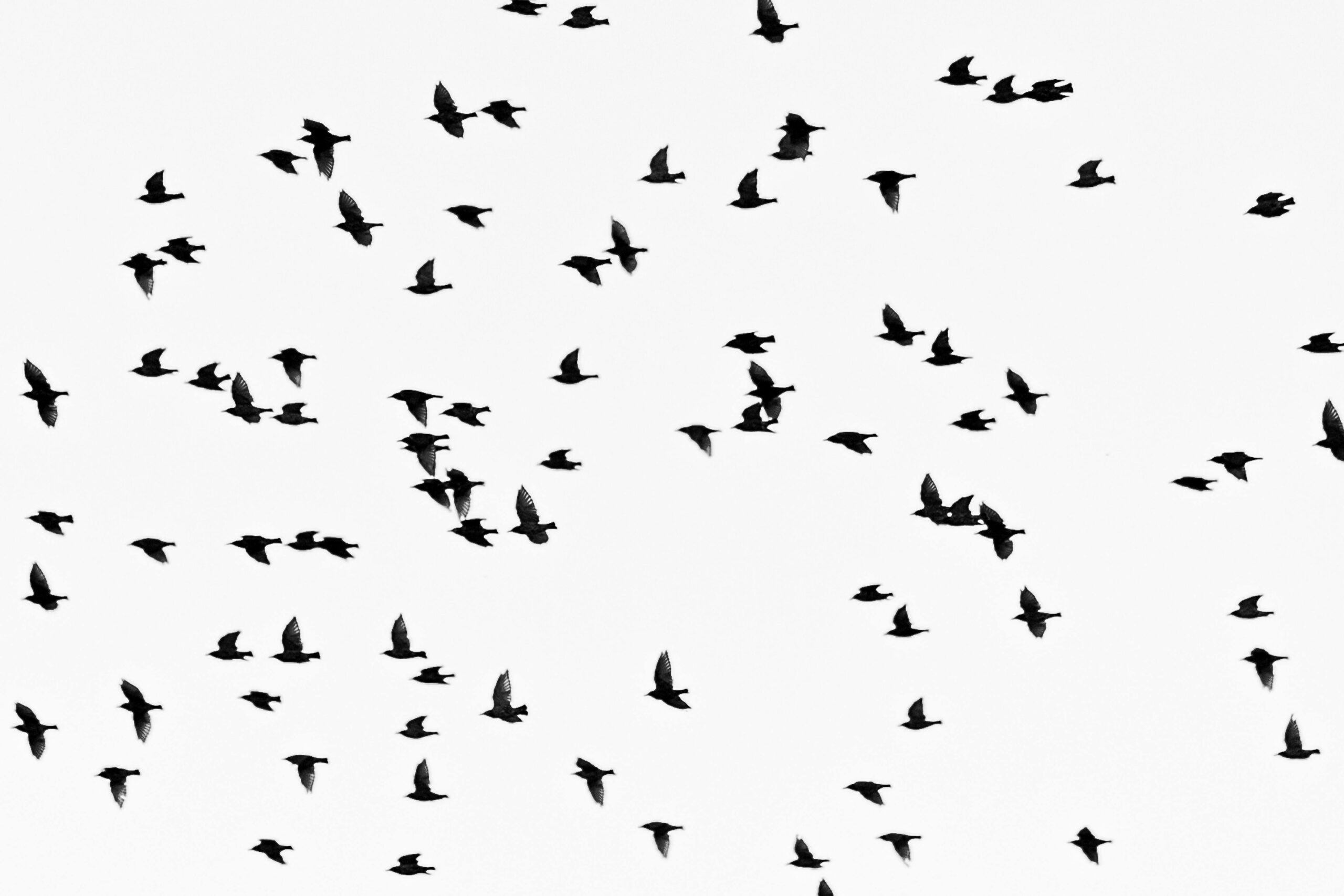The Groningen Institute for Evolutionary Life Sciences offers a 4-year NWO M1-funded PhD position for a project on “Social Ageing: Social environment effects on senescence, using an epigenetic clock”, with the Seychelles warbler (Acrocephalus sechellensis) as a model system.
The project is supervised by Prof. Hannah Dugdale (University of Groningen), Prof. David S. Richardson (University of East Anglia, UK) and Prof. Kees van Oers (Netherlands Institute of Ecology). The project is in collaboration with Profs Jan Komdeur (University of Groningen) and Terry Burke (University of Sheffield, UK), as part of the Seychelles warbler research group. The student will join a lively and highly international team of PhD and Master’s students working on ecology and evolution in wild animals, supported by laboratory and analytical technicians.
Social interactions (stemming from the social environment) can delay or exacerbate an individual’s ageing (the decline in function in later life), but as individuals age, their social environment also changes. Why social environment effects impact ageing is obscure, probably because we lack detailed natural-population studies, and because past studies have largely focused on chronological rather than biological age (i.e., a measure of physiological deterioration reflecting future life expectancy).
Social Ageing will overcome these limitations using a long-term dataset of a discrete population of cooperatively breeding birds, where survival and reproductive success are accurately measured, which is vital for studying ageing but is rare in wild populations. We will analyse longitudinal changes in social networks and biological age (using an epigenetic clock) within individuals to reveal the effect of social stress on ageing. In particular, we will estimate genotype-by-age effects on sociality, investigate the genetic architecture of sociality (e.g. GWAS and regional heritability), estimate selection on sociality, and evaluate social environment effects on senescence. Importantly, this knowledge will advance our understanding, in evolutionary biology, conservation and medicine, of how social stress causes ageing and can potentially be mitigated in animals.
The candidate will be required to:
- Design, plan and conduct a programme of investigation, in consultation with the supervisors.
- Produce a PhD thesis, written in English, consisting of four data chapters, an introduction and a discussion at the level of international scientific journals.
- Disseminate the research through publication in leading peer-reviewed journals, presentations at international conferences, outreach, social media etc.
- Conduct fieldwork over three field seasons, of up to three months per season.
- Conduct laboratory work to develop a biological clock using a methylation approach.
- Collaborate with other researchers on the long-term project and other relevant groups.
- Contribute to teaching 10% of the time, by supervising BSc and MSc students, and assisting on courses.
Requirements
- Holds a Master degree in evolutionary biology (or will graduate before appointment date), ideally with distinction, and one year of research during the Master.
- Is curiosity-driven and passionate about fundamental research in the context of evolutionary biology and ecology.
- Has strong bioinformatic skills (python, ideally experience with methylation data).
- Has strong quantitative skills (analyses of long-term data, modelling and statistical analyses, particularly quantitative genetics, ideally in the R environment).
- Is proficient in English and meets the university’s English language requirements
The ideal candidate will also have:
- Data wrangling experience in extracting data from databases (e.g. Access) or large datasets.
- Fieldwork experience on birds (mist-netting, colour-ring reading, behavioural observations) in a harsh environment.
- Laboratory skills in the field of molecular ecology (e.g. DNA extraction and quantification, PCR, library prep).
- Written at least one scientific publication.
- Strong communication skills, and is motivated to disseminate results to both scientific peers and a broad audience.
- Excellent teamwork skills, and is willing to work with a diverse group of researchers and technicians, and can also work independently.
Benefits
- A salary of € 3,059 gross per month in the first year, up to € 3,881 gross per month in the fourth and final year, based on a full-time position (1.0 FTE).
- A holiday allowance of 8% gross annual income and an 8.3% year-end bonus.
- A full-time position (1.0 FTE) for 48 months (4 years). The successful candidate will first be offered a temporary position of one year with the option of renewal for another 3 years.
- Prolongation of the contract is contingent on sufficient progress in the first year to indicate that a successful completion of the PhD thesis within the next 3 years is to be expected.
- A PhD training programme is part of the agreement and the successful candidate will be enrolled in the Graduate School of Science and Engineering at the University of Groningen.
Organization/Company – University of Groningen.
Research field – Biological sciences » Zoology
Research profile – First Stage Researcher (R1).
Country –Netherlands.
Application Deadline – 5 Oct 2025 – 22:00 (UTC).
More information: Euraxess.







Leave a Reply